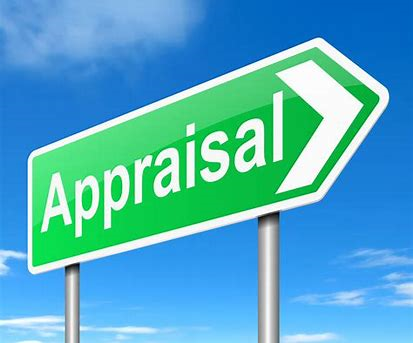What Happens When Your Home Appraisal Comes in Low?
What Happens When Your Home Appraisal Comes in Low?
With record low interest rates starting in 2020, the price of homes has been steadily increasing across Canada. Currently, there is a downward shift in the market which can impact the value of your home.
Raging inflation, war in the Ukraine and rapidly rising interest rates have helped cool off the housing market. Now it is more common that homes may appraise for less than their agreed purchase price.

As a home buyer, you are going to be unhappy to find out that an appraiser thinks the home you want to buy is not worth what you offered.
Unless you are a cash buyer, a low appraisal could make it difficult for you to get mortgage financing to purchase your dream home.
Lenders will only offer mortgage financing to buy a home at fair market value.
- If your appraisal comes in low, that is going to complicate matters.
- BLOG BC Property Assessment vs Home Appraisal
Does a low appraisal value kill a deal?
No, not necessarily. If the only thing in the appraisal report is the lower value, the buyer must come up with additional funds to make up the shortfall and they’re good to go.
However, there’s also the possibility the appraisal raises other concerns that the lender may take into account i.e. short economic life of the property, the house is in poor condition, undesirable location, etc.
These and other such issues can kill your mortgage lender’s interest in financing your purchase, regardless of the valuation of the property.
What happens if your offer is firm, with no condition of financing?
You are obligated to complete your purchase at the agreed price. If the appraisal comes in low, but the property is otherwise acceptable, your lender may offer you a smaller mortgage.
Suppose you agree to buy firm for $1,100,000. You have a 20% down payment, or $220,000.
Regrettably, the property appraises at $1,000,000.
Your lender is willing to offer you a mortgage of $800,000, which is 80% of the appraised value (20% down payment).
Oh no - there is a gap of $100,000
Which means, you need to come up with $300,000 to fulfill the purchase price of $1.1 million.
- That’s an extra $80,000 you hopefully have on hand (plus your original $220,000 = $300,000)
What happens if you are purchasing with less than 20% down payment (and require Mortgage Default Insurance)
The Mortgage Default Insurer will decide if you require an appraisal.
- If your purchase price falls within their acceptable range – no appraisal required
- If the insurer is unsure about the value – the Mortgage Default insurer will order and pay for the appraisal.
There are 3 mortgage default insurers in Canada (Canada Guaranty, Sagen or CMHC).
- 3 strikes and you’re out!
BLOG Everything You Need to Know about Mortgage Default Insurance
Can you have a condition of appraisal clause?
Having a condition like “subject to appraisal” is a great idea in this market. It tells the seller you are not worried about financing (getting a mortgage), which, coupled with your deposit and agreeable closing date, makes a respectable offer.
It also gives you an out if you need to withdraw/re-negotiate an offer following an appraisal.
What happens after an appraisal comes in low?
When the home appraisal comes back lower than the purchase price, the buyer has a few options to keep the deal alive.
- Make up the difference in cash
- The buyer can increase their down payment to make up the difference. For example, if the buyer needed the appraisal to come in at $300,000 but it comes in at $290,000, the buyer can pay the $10,000 difference in cash.
2. Shift some down payment to make up the difference
- Let’s say the buyer was planning on putting $60,000 down on a $300,000 home (a 20% down payment). If the appraisal comes in $10,000 low, the buyer could shift $10,000 of the money they’ve set aside for their down payment to make up the difference.
- This would trigger Mortgage Default Insurance with less than 20% down payment
3. Appeal the appraisal
- Appraisers are licensed, trained professionals. They know what they are doing.
- That said, if spoken to with respect and understanding and perhaps additional information (like upgrades to the home or higher comparable sales in the area) I have occasionally seen some movement in their opinion of value. Please don’t count on this!
4. Revoke your offer/cancel the contract to purchase
- Ideally, you’ve included the appraisal in your subjects.

Final Word
Nobody involved in a real estate transaction wants to get that dreaded call saying that the appraisal has come in low.
When this happens the stress level of everyone involved skyrockets. In situations like these cooler heads prevail. Make a plan with your realtor and Mortgage Broker to create a plan, before hand, to deal with the situation.
My services for a typical mortgage are FREE and I help people save money. I LOVE my job!
Kelly Hudson
Mortgage Broker
Mortgage Architects
Mobile 604-312-5009
Kelly@KellyHudsonMortgages.com






